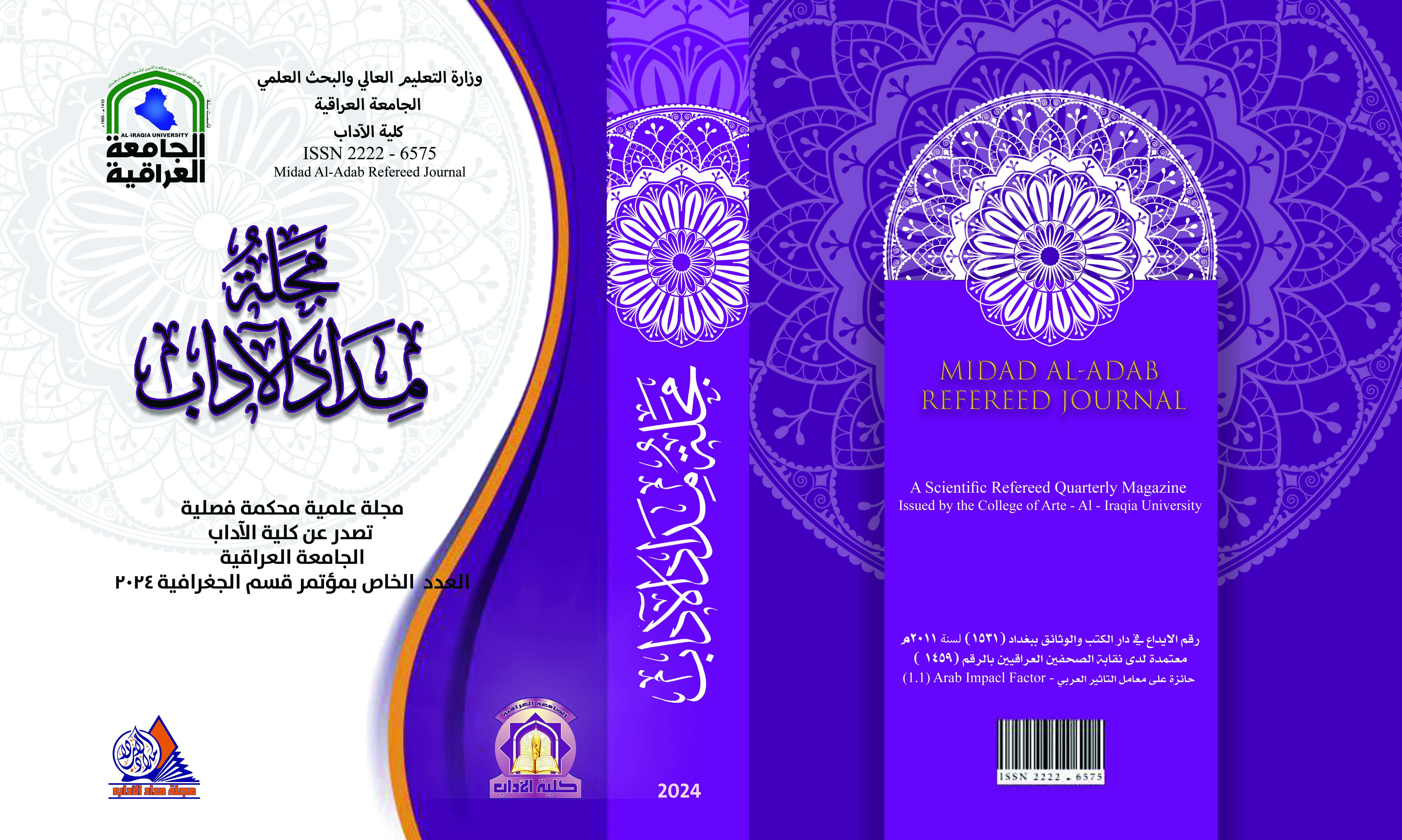Unplanned urban growth in the Iraqi countryside: its causes, effects, and ways to address it purposes
DOI:
https://doi.org/10.58564/ma.v14iالعدد%20الخاص%20بمؤتمر%20قسم%20الجغرافية.1460Keywords:
Keywords: Random growth/agricultural activities/marginal areas/agricultural propertiesAbstract
The prominent characteristic of the Iraqi countryside in general, including the Anbar countryside, is the characteristic of random, unplanned growth, as agricultural activities are distributed with non-agricultural activities, causing a contradiction in agricultural land, which is the food basket for the village and the neighboring city.
Randomness and lack of organization have been a feature of agricultural land since ancient times, but it has increased in recent times due to the absence of law and authority and the weakness of legislation, especially related to agricultural property. There has become a duality in agricultural representation through the establishment of non-agricultural activities in fertile agricultural land despite the clarity of the laws and legislation in force, and construction has become Housing and services are being built in fertile, difficult agricultural areas instead of being
Downloads
Published
Issue
Section
License

This work is licensed under a Creative Commons Attribution-NonCommercial-NoDerivatives 4.0 International License.








